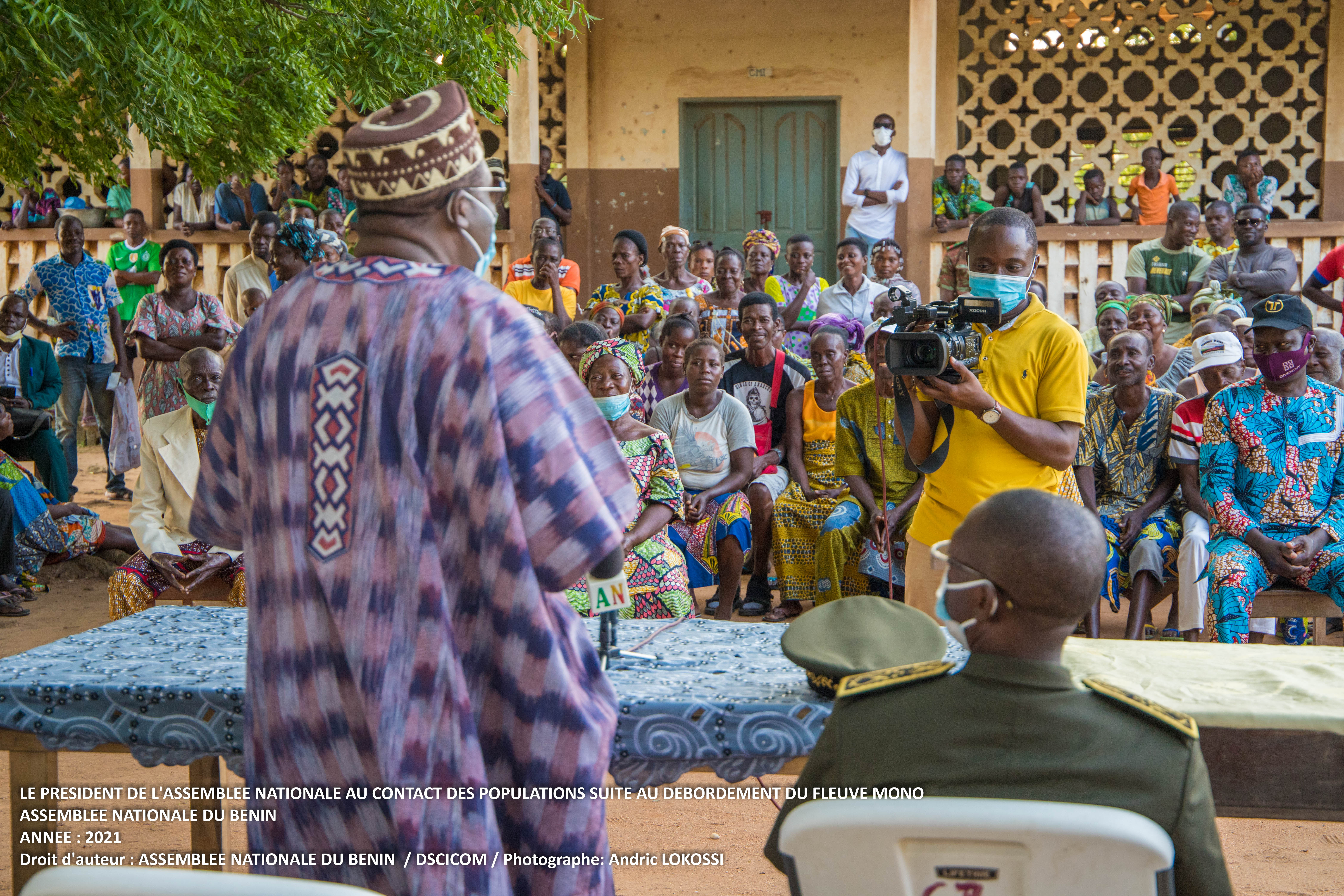IPU and UNDP publish third edition of the Global Parliamentary Report based on two years of research and contributions from over 70 parliaments.
Better public engagement necessary for participatory, inclusive and responsive parliaments
May 25, 2022

Geneva, New York — The decline in public trust in governance and the rise of authoritarianism must be addressed through better parliamentary public engagement, according to the new Global Parliamentary Report, published by the Inter-Parliamentary Union (IPU) and the United Nations Development Programme (UNDP).
The report examines public engagement between parliaments and the people they represent. It identifies gaps and opportunities as well as providing a road map for better public engagement for more participatory, inclusive and responsive parliaments.
The report presents robust recommendations including the need for an across-society, continuous, inclusive dialogue between parliaments and citizens to ensure more sustainable human development outcomes and that no one is left behind.
UNDP Administrator Achim Steiner said “Public engagement isn’t a choice. It’s a fundamental requirement for parliaments to play their key roles at the national level to deal effectively with contemporary global challenges. Even long-established democracies with well-resourced parliaments face challenges in engaging effectively. This new report offers examples and analysis from a range of country contexts. Parliaments are foundational for peaceful and prosperous societies, and UNDP and the Inter-Parliamentary Union will continue to provide tailored assistance to them.”
IPU Secretary General, Martin Chungong, said “This report is published in the shadows of crises and conflicts that have gripped the world. In these times of uncertainty and anxiety, people are looking to their parliaments to respond with actions that will lead to a better future. Involving the community in decision-making through effective public engagement can help to ensure that parliaments respond in ways that meet people’s expectations and aspirations,”
Based on two years of in-depth research across every continent, and hundreds of interviews with parliamentarians, the report is timely with the global backdrop of increasing political polarization, losses in electoral support for traditional political parties and alliances, and low rates of voter turn-out in many parliamentary elections. The report includes findings from over 70 parliaments and offers a wealth of material including examples of innovations and case studies from around the world to show how strengthening the relationship between the elected and the electors can enhance the resilience of democracies and its institutions.
The report outlines some recommendations for parliaments to embrace:
- Focus on the future: In a rapidly changing world, parliaments must respond, adapt and revitalize their practices and processes to meet the challenges of the present and the future.
- Take youth seriously: For parliaments to remain relevant to this expanding group, they should connect and interact meaningfully with them.
- Leave no one behind: Parliaments have a special responsibility to ensure groups that are underrepresented, face disadvantage or have just arrived in a country can participate in democratic processes.
- Transform through technology: To keep up with the rapid pace of technological change, parliaments should prioritize their own digital transformation, particularly in their approaches to public engagement.
- Encourage innovation: Effective parliamentary engagement means welcoming the public’s participation. This demonstrates an openness to collaborate and co-create with civil society.
- Work together: Parliaments should cooperate and draw on each other’s experiences, methods and solutions.
Join IPU and UNDP on 30 and 31 May 2022, for a virtual launch event on public engagement in the work of parliaments organized in partnership with the Agora Parliamentary Development Community of Practice.
***
The IPU is the global organization of national parliaments. It was founded more than 130 years ago as the first multilateral political organization in the world, encouraging cooperation and dialogue between all nations. Today, the IPU comprises 178 national Member Parliaments and 14 regional parliamentary bodies. It promotes democracy and helps parliaments become stronger, younger, gender-balanced and more diverse. It also defends the human rights of parliamentarians through a dedicated committee made up of MPs from around the world.
UNDP is the leading United Nations organization fighting to end the injustice of poverty, inequality, and climate change. Working with our broad network of experts and partners in 170 countries, we help nations to build integrated, lasting solutions for people and planet. Learn more at undp.org or follow at @UNDP.
Media contacts:
IPU- Thomas Fitzsimons at email: press@ipu.org or tf@ipu.org or tel: +41(0) 79 854 31 53
UNDP- Sangita Khadka at email: Sangita.khadka@undp.org, Communications Specialist, UNDP Bureau for Policy and Programme Support, New York.

 Locations
Locations